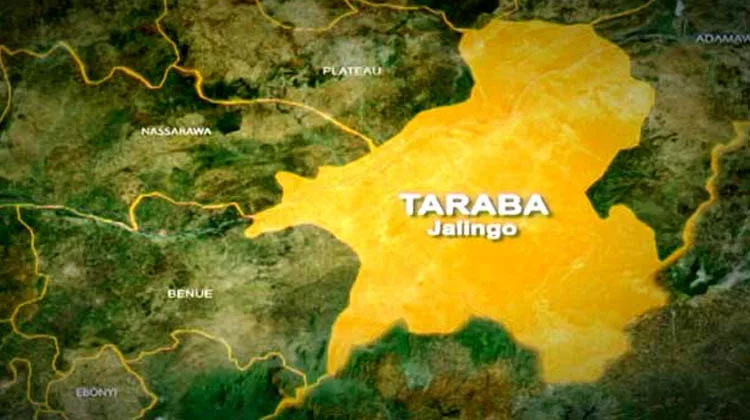Taraba State Emergency Management Agency (TSEMA) has begun a state-wide disease surveillance programme to prevent the outbreaks of cholera, typhoid and other waterborne diseases in Internally Displaced Persons (IDP) camps.
This was as a fallout of the fallout from the recent floods that ravaged communities, where over 10,000 persons were affected by the flood.
The executive secretary of TSEMA, Dr Audu Echuseh, announced the initiative after the agency rescued two toddlers, Fatima Saleh and Mohammed Umar, who developed life-threatening complications linked to contaminated floodwater and acute malnutrition.
Fatima suffered from Severe Acute Malnutrition (SAM), malaria, and persistent Malaria and cough, while Mohammed battled high fever that temporarily impaired his sight and hearing.
Both children have since recovered after emergency treatment at the Federal Medical Centre (FMC), Jalingo and NOBIS Eye Clinic in Jalingo.
Dr. Echuseh said, the quick intervention underscored the urgency of a coordinated surveillance system.
“We have deployed a disease-surveillance team to all IDPs’ camps and flood-affected communities to detect and respond to any outbreak of cholera, typhoid fever, and other waterborne diseases.
“Children remain the most vulnerable, so our goal is early detection and rapid containment.
“The surveillance teams, working with the state Ministry of Health, the Red Cross, and local healthcare providers, will monitor sanitation conditions, test water sources, and provide prompt treatment where needed,” the ES said.
According to the TSEMA boss, “Governor Agbu Kefas has already directed the establishment of temporary shelters in safer areas for displaced residents. Alongside surveillance, TSEMA is distributing relief materials and running mobile clinics to improve hygiene and reduce vulnerability.
“Public health campaigns on proper sanitation and safe water practices are also underway,” she said.
Parents of the rescued children, Mallam Saleh and Umar, expressed gratitude to the state government for averting what could have been a tragic outbreak.
“We thank God and the emergency team for saving our children and protecting the camp,” they said.
Health officials warn that stagnant water and overcrowded camps remain breeding grounds for cholera and typhoid, but they say the new surveillance network puts Taraba ahead of potential epidemics.






